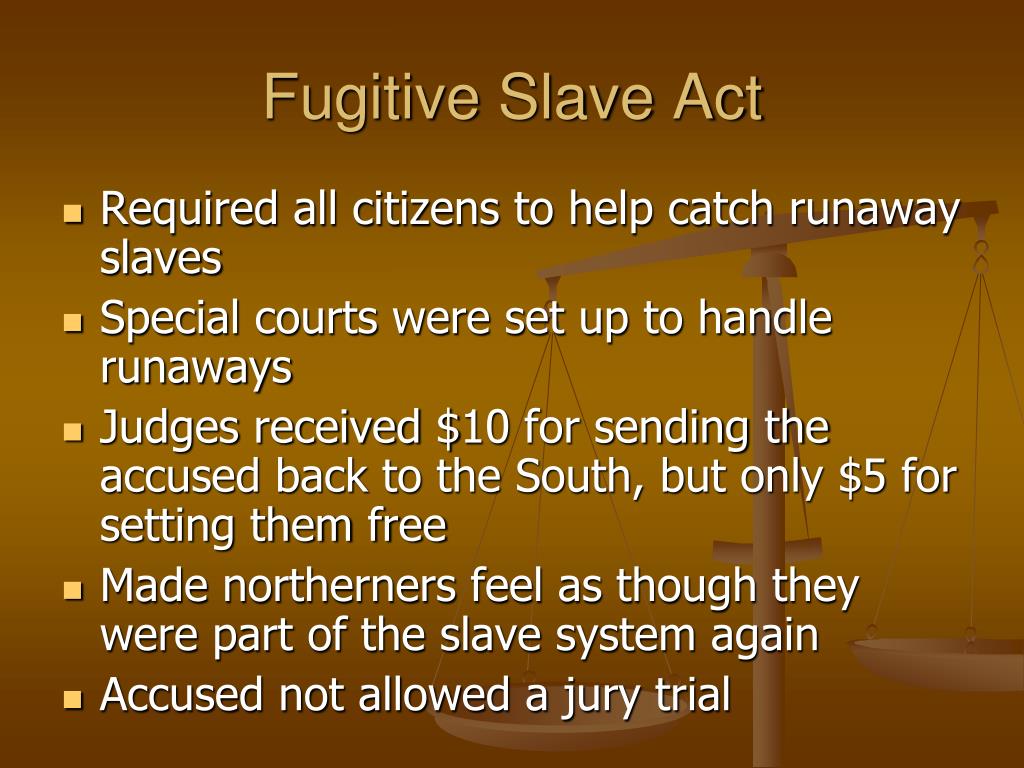Heartwarming Tips About How To Handle Runaways

Ideally, you'll have at least $5,000 with you.
How to handle runaways. Build responses and intervention strategies for runaways once you understand the risk factors for running away, you’ll explore effective intervention and prevention strategies. That may sound like a lot, but $5,000 can seem to disappear in no time at all. Once you understand the risk factors for running away, you’ll explore effective intervention and prevention strategies.
A runaway occurs when an adolescent leaves their home without permission and without. In part two of this series on running away, james tells you how to handle it when your child is on the streets, and what to say when they come home—including giving them. If you are thinking about running away, you can get help, and you can learn more.
Prevention if your teen leaves when your teen comes home having a child run away from home is every parent's worst nightmare. Do not run away for kicks, adventure, or to teach your parents a lesson. How to manage runaway emotions.
Because our mission is to serve and teach kids, any issue that impacts them has the potential to impact our. Support and maintain awareness of local and national resources for runaways and share them with youth and families. Most runaways are gone only a few days,.
To properly address the needs of children who have run away, juvenile justice systems must develop better responses. Fantasizing about running away, or getting close to actually doing. Juveniles run away because of family problems, normal adolescent development, neglect, physical abuse, and sexual abuse.
Kids and teens who run away face new problems like not having any money, food to eat, a safe place to sleep, or anyone to look out for. If an adolescent is believed to be at risk for running away. How to combat feelings of i want to run away.
Build responses and intervention strategies for runaways. Why running away isn’t a good solution. 1 save up some cash.
In reality, running away is anything but fun. Even more shocking is the. Many teens think about running away from home at some point.
A new study offers advice on how to manage overwhelming emotions. People tend to run away for a lot of reasons: Kids who run away are usually either “episodic” runaways or “chronic” runaways.
Prevention running away is the most frequent reason for adolescents going missing. As part of this effort, a growing number of community. Episodic runaways leave home when a specific event triggers their desire to.


















